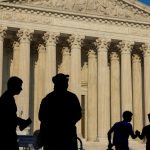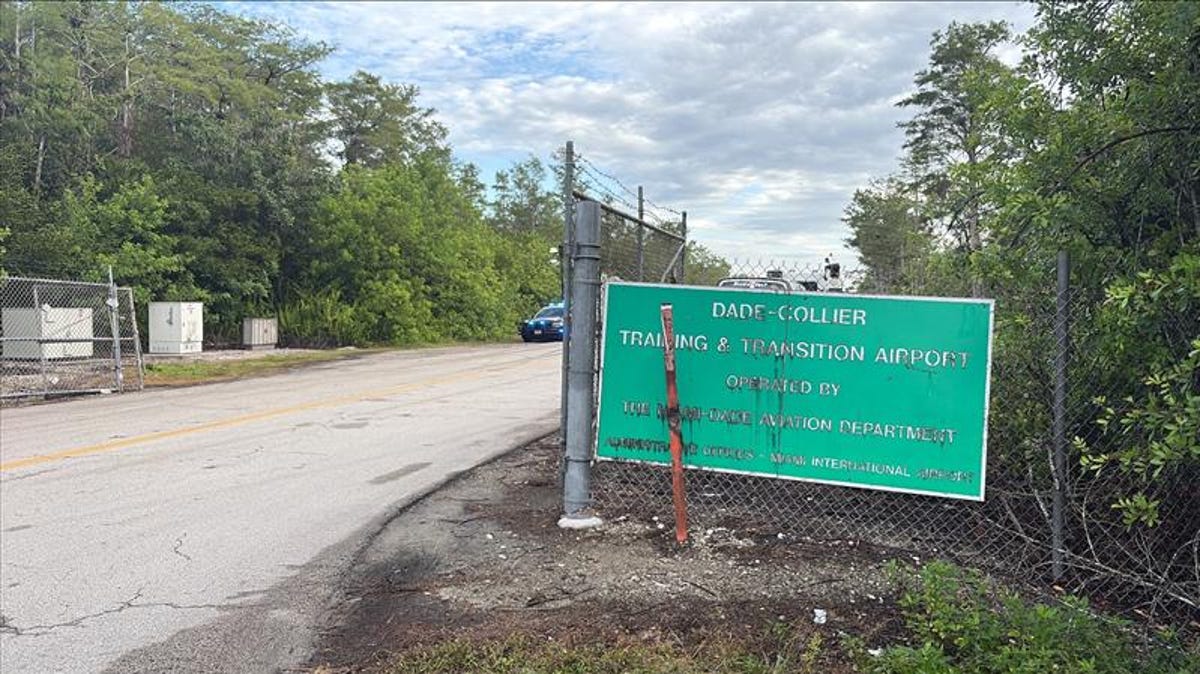
Here’s how redistricting could impact the future of the US Congress
Legal battles over redistricting are taking shape around the country. But what is it and how can those maps impact voters? Here is what we know now.
WASHINGTON – The Supreme Court on June 27 deferred a decision on the constitutionality of Louisiana’s congressional map, saying they want to reconsider the case after additional oral arguments which it will schedule later.
The map is being challenged by non-Black voters who said it relied too heavily on race to sort voters.
The Louisiana legislature last year created a second majority-Black district after lower courts said the state’s initial map unfairly diluted the power of the Black vote.
The case tests the balancing act that states must strike, complying with a civil rights law that protects the voting power of a racial minority while not discriminating against other voters.
Justice Clarence Thomas dissented, saying there’s no reason to delay a decision.
“Congress requires this Court to exercise jurisdiction over constitutional challenges to congressional redistricting, and we accordingly have an obligation to resolve such challenges promptly,” he wrote.
The dispute started after Louisiana drew new boundaries for its six congressional districts to account for population shifts following the 2020 Census.
The map included only one majority-Black district even though the state’s population is about one-third Black.
A Baton Rouge-based federal district court and the Louisiana-based 5th U.S. Circuit Court of Appeals said it seemed likely that Louisiana could reasonably create a second majority-Black district.
But when the GOP-controlled legislature did so, a divided panel of three federal judges said the new map amounted to racial gerrymandering.
The state asked the Supreme Court to intervene.
The high court last year agreed to keep the map in place for 2024 and later decided to settle the underlying dispute.
The congressman elected from the new district, Rep. Cleo Fields, is a Democrat and the voters challenging the boundary lines say a “racial quota” cost the state a Republican seat in a narrowly divided Congress.
In an unusual alliance, both the state and civil rights advocates defended the map.
The second majority-Black district runs diagonally through the state, an unusual configuration but one that civil rights advocates said joined communities with shared interests along the Red River.
And Louisiana’s Republican leaders said the map met their goal of protecting powerful incumbents.
The consolidated cases are Louisiana v. Callais and Robinson v. Callais.




![Jaguars exec says ‘100 [snaps] is a lot’](https://formen.fun/wp-content/uploads/2025/07/84436232007-usatsi-26431300-150x150.jpg)



